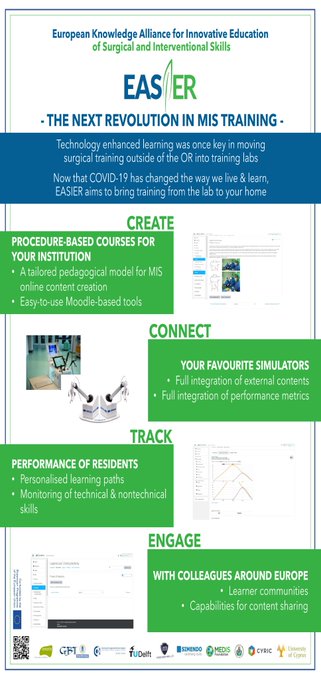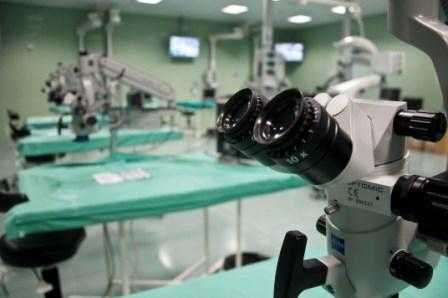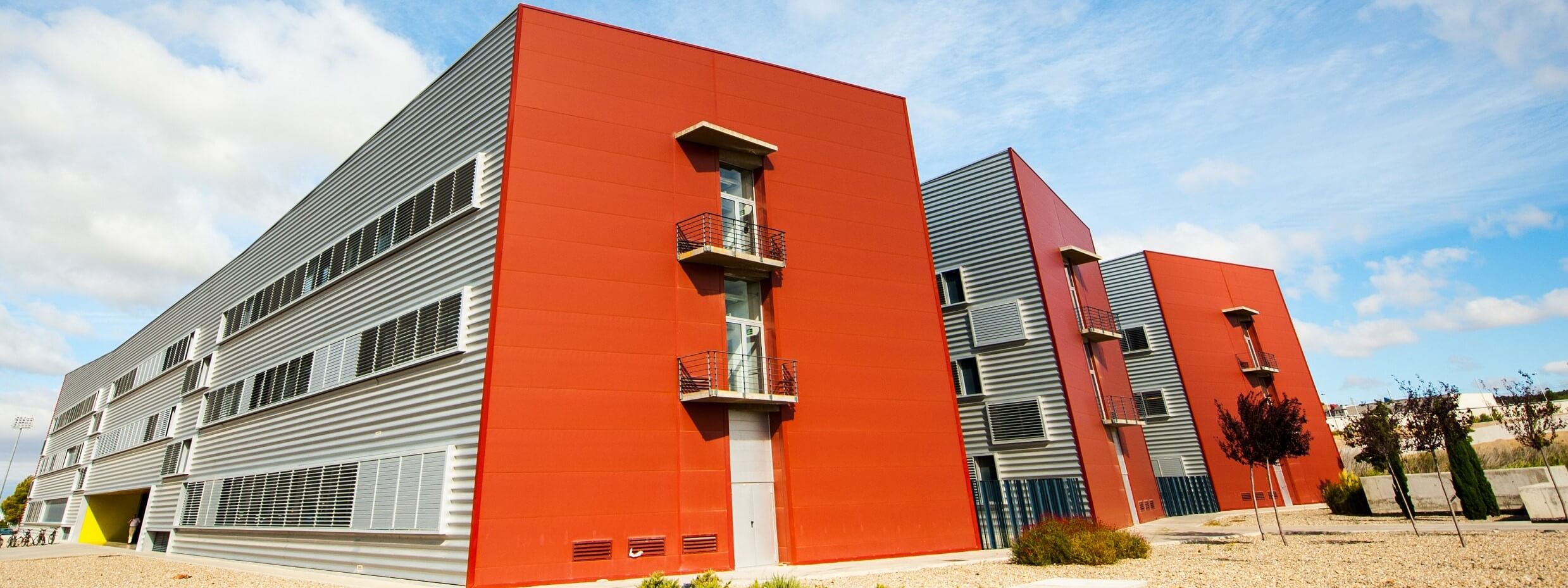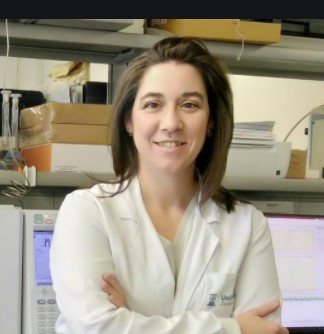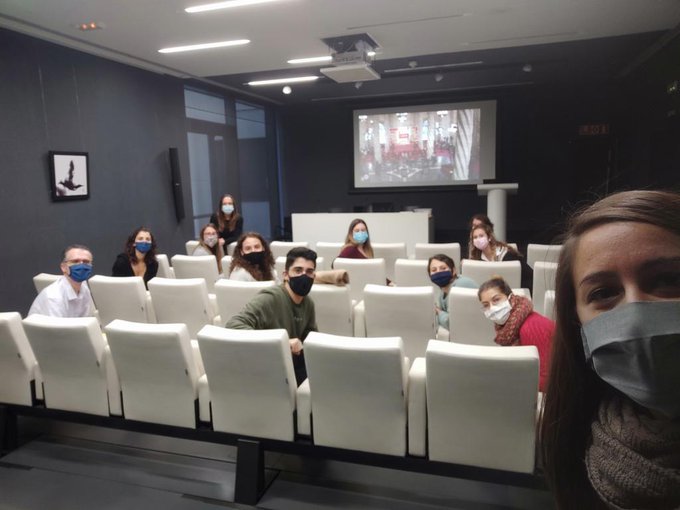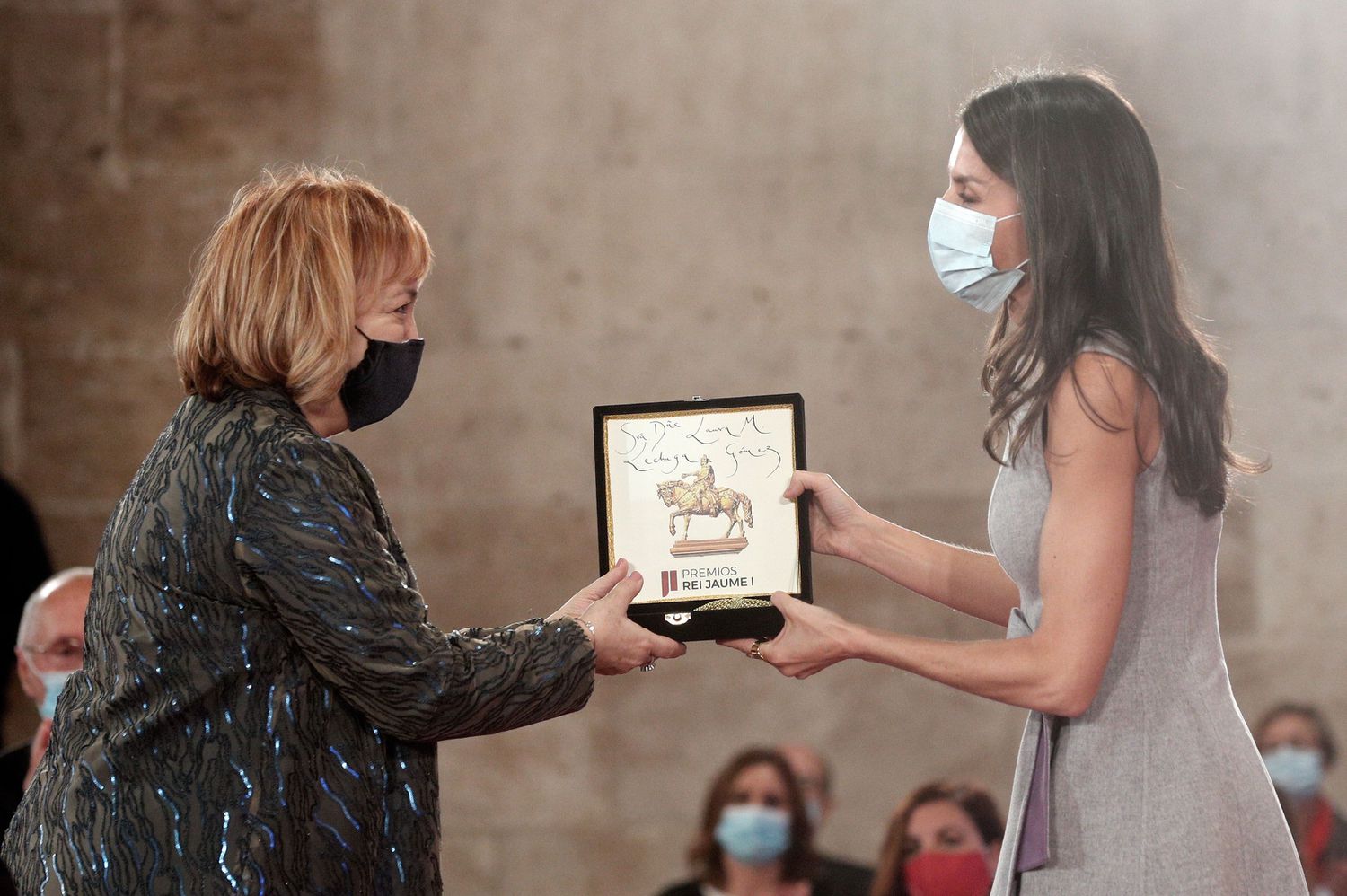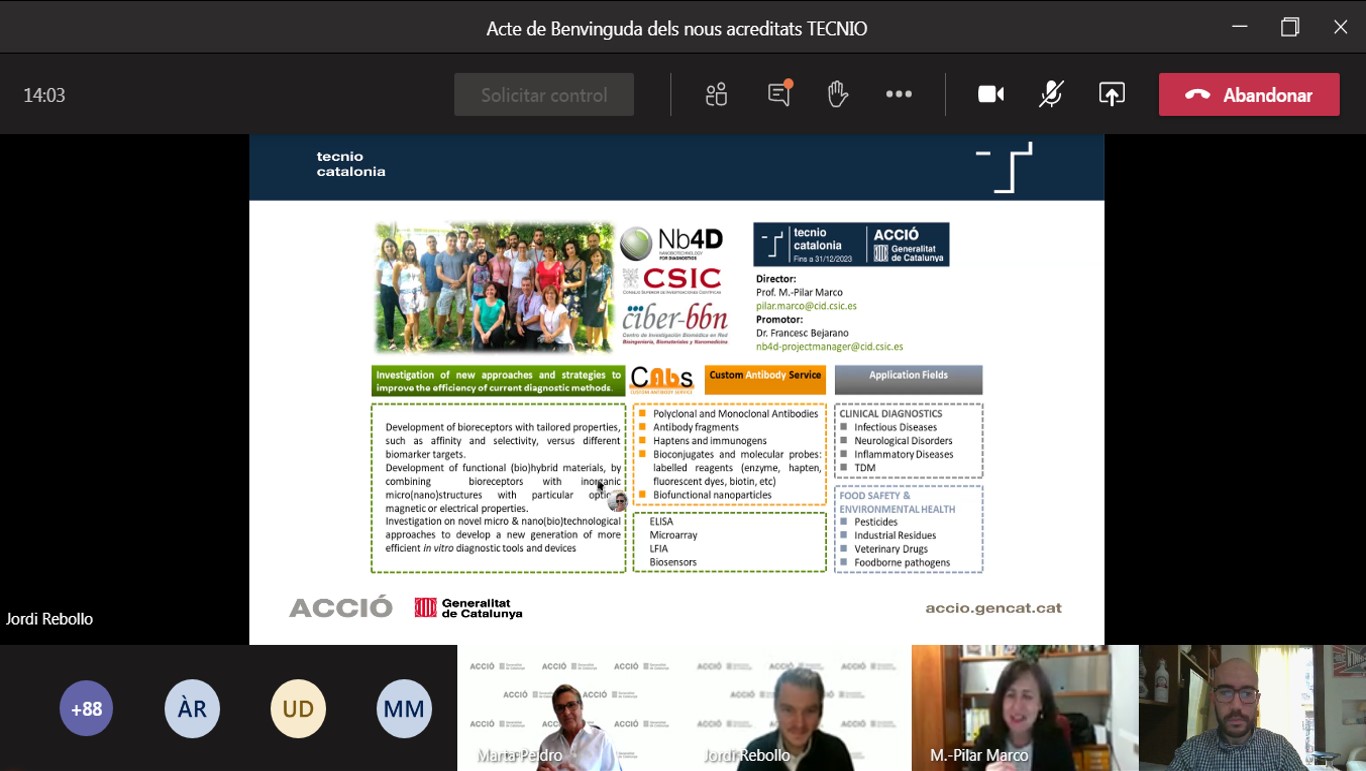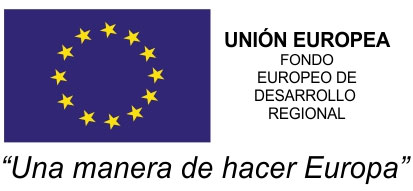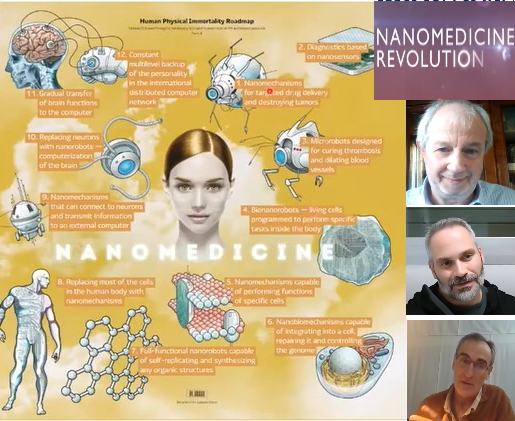Looking for volunteers to validate an online learning of minimally invasive surgery (MIS) platform in the framework of EASIER project
The EASIER Project “Technology-enhanced learning of surgical and interventional technical and non-technical skills”, co-founded by the Erasmus + Program of the UE, introduces an innovative paradigm for online learning of minimally invasive surgery (MIS).
EASIER introduces an innovative paradigm for online learning of minimally invasive surgery (MIS) and interventional skills. CCMIJU, partner of NANBIOSIS, is part on the poroject and provides the tools to create pedagogically curated learning courses where students can train both their technical and nontechnical skills. The platform will provide seamless integration of third-party assets (box trainers, virtual reality simulators) that can be used to program simulator tasks as part of specific courses. Course assessment is broken down by the different technical and nontechnical skills, providing a comprehensive record of the resident’s progress to mastery.
NANBIOSIS units at CCMIJU are involved in the project, especially NANBIOSIS U21. Experimental operating rooms, led by Dr. Francisco M. Sánchez Margallo
For more information on project EASIER please visit easier-project.eu, download our cartel or flyer.
Once you complete registration, you are welcome to join us at our kick-off webinar on the 17th December 2020 from 16:00-16:45 CET, where we will present:
- The EASIER project goals and mission
- The EASIER platform
- The validation trials
All volunteers completing the validation will gain exclusive early information before public release and a 1-year free subscription to the EASIER platform.
Enrolment: here
